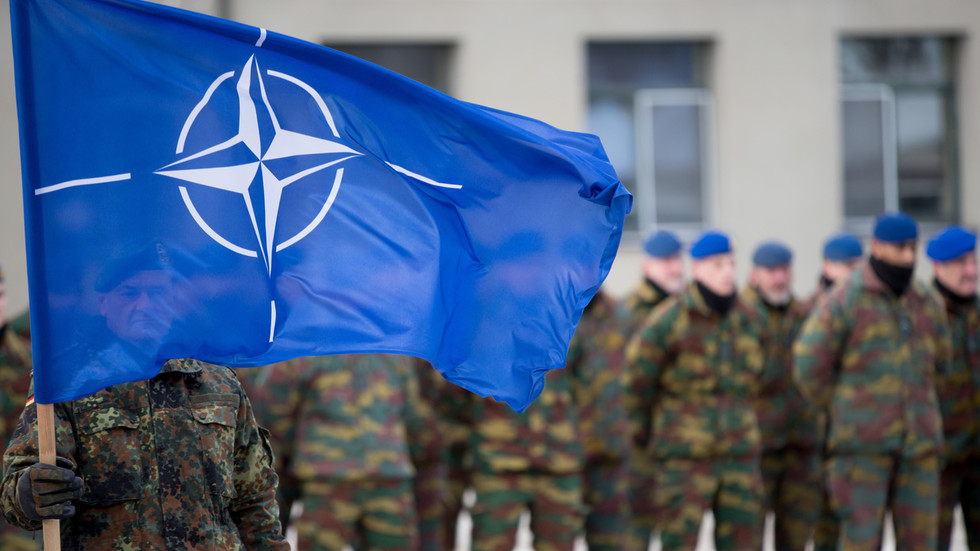As its Ukrainian proxy faces defeat, the US-led bloc is becoming increasingly reckless. Where will this hubris lead us?
By Igor Istomin, acting head of the Department of Applied Analysis of International Problems at MGIMO University.
The possibility of a trans-European war is closer today than at any time since the mid-20th century. Western analysts discuss various scenarios of a possible conflict, while officials openly speculate about its likelihood and even discuss specific time horizons.
In a recent speech, Russian President Vladimir Putin declared that the actions of Western governments had brought the world “to the point of no return.” At the same time, domestic debate in Russia is dominated by the belief that the US and its allies recognize the catastrophic risks of a direct military confrontation with Moscow and will seek to avoid it for reasons of self-preservation.
Such judgments are based on the assumption that the West, despite its aggressiveness and arrogance, is guided in its policies by a rational balance of benefits and costs based on the existing balance of power. Past experience, however, does not convince us that the US-led bloc is capable of pursuing a balanced, calculated course.
A recent admission by US President Joe Biden is telling: “If we ever let Ukraine fail, mark my words, you will see Poland go, and you will see all these countries along Russia’s actual border negotiate on their own.” Thus, the good old ‘domino theory’ is back in the minds of Western strategists.
[…]
The growing adventurism is clearly visible in the debate over the deployment of Western troops in Ukraine. Moreover, not only hysterical Western European leaders, but also seemingly more responsible American generals have begun to speak out on the issue. For example, the head of the US Joint Chiefs of Staff, Charles Brown, has concluded that the deployment of NATO troops to the country is inevitable.
[…]
NATO members are openly practising combat scenarios in potential theatres in Eastern and Northern Europe. Much emphasis is being placed on learning lessons from the armed struggle in Ukraine. To this end, a special center is being set up in Bydgoszcz, Poland, to ensure a regular exchange of experience between Western and Ukrainian military personnel.
The weak link in the Western effort has long been the limited capabilities of its military industry. Nevertheless, NATO members are paying increasing attention to overcoming this problem. **It would be foolhardy to expect that they will not be able to increase production over time, including by increasing Western European firms’ links with the US military-industrial complex. **
(Full article at the link)
It seems to me the west is salami slicing their way towards an open conflict with Russia with NATO boots on the ground. This can only end in disaster and possibly full nuclear war. Time is not a friend for Russia here. The west has been caught without proper production but they’re not going to sit on their hands and continue to fail to fix that forever, they’re doing so more slowly than Russia obviously and sure some of the more high tech stuff they’ll never be able to churn out like Russia/China but they don’t need that stuff to fight and win a war. So the longer this goes on the more the west is able to get production into play that gets them closer to being able to either better supply their Ukrainian fodder to inflict damages on Russia and/or to be confident they have enough to enter the conflict directly as NATO troops and to challenge Russia, most likely by setting up defensive lines and waiting for Russia to hit them first, trying to force a Korea DMZ situation that still allows the US to station nukes near Russia and to build up massive armies and arms.



Scary stuff. So NATO really will intervene sooner rather than later. I just don’t think Russia will accept a frozen conflict, which means things will get worse real fast.